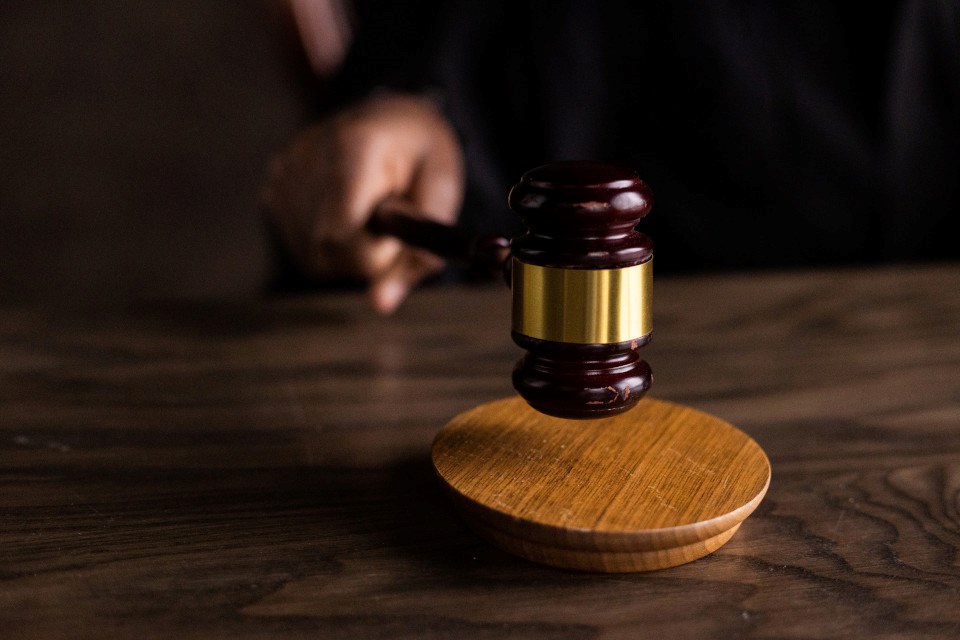Legal experts say the validity of the COVID-19 vaccine and the current government vaccine mandates are likely to prevail.
That’s because there is no other solid evidence that says the vaccines or vaccine mandates are wrong and there is no reason for the courts or arbitrators to take a different position at this time.
The public webinar, lasting one hour, was organized by the Bora Laskin Faculty of Law at Lakehead University out of Thunder Bay to discuss vaccine mandates and the Canadian Charter of Rights and Freedoms.
Speakers included Mariette Brennan, associate professor in the faculty of law, and Vanessa Gruben, associate professor from the University of Ottawa Faculty of Law. Dean Jula Hughes chaired the discussion.
Many legal discussions are occurring in Ontario this week since the government mandate on vaccine passports came into effect Sept. 22.
Moderator Hughes asked the lawyers at one point to comment on how the courts would deal with so many emerging and changing situations not just in law, but also in the changing medical knowledge about the COVID-19 virus.
Gruben said it would be hard to pin down.
"And so I do think that's certainly an area that's been difficult,” said Gruben. “Obviously, on the policy side, right, it's difficult for employers and governments to be introducing policies when perhaps the science isn't clear.”
She added however that in terms of safety and efficacy of vaccines, the courts will consider expert evidence that favours the vaccines, as well as any alternatives that would be presented.
"We do have some fairly excellent data on the safety and efficacy of vaccines, we do have some data as well on some of these alternatives,” said Gruben.
“And to date, what that science has shown is that vaccination really is the best way to reduce transmission around COVID-19.”
She added that the courts and arbitrators will have to weigh the evidence and be sensitive to the ways vaccines are being mandated in the context of protecting public health.
“It strikes us that there is sufficient evidence out there to safely conclude that vaccination is the best way to reduce transmission of COVID-19. Of course, this may change, we may have new variants, we don't know what's coming. But at the time at which we're making these policies and introducing these various mandates, this appears to be the best evidence that is available,” said Gruben.
Brennan added the concept of "the precautionary principle," which is used mainly when discussing public health issues.
"And it's essentially that they encouraged decision-makers to adopt precautionary measures when scientific evidence is actually uncertain,” she said.
“And we don't have to wait to actually find the harm. And so when we're doing this, or when we're formulating public health initiatives, one of the things is we don't want to wait until it's too late. And so they do have the precautionary principle that comes into play when we are adopting public health issues and public health decisions going forward.”
The lawyers also spoke about the Charter of Rights and the Ontario Human Rights Code as it pertains to people who claim to have legitimate objections to having a vaccine injection.
Gruben said there is potential for people to claim they are exempt from vaccines on the basis of creed.
"Creed is not defined in the code,” she said. “So it's been up to the courts and the tribunal to define and put some parameters around what that means. Creed does refer to religious beliefs and practices, but it may also include non religious beliefs. Those beliefs, however, have to be substantial, they have to substantially influence an individual's life and their identity," she said.
She added that there was a recent human rights ruling on a mandatory influenza vaccination case where an individual refused on the basis that they felt that they were healthy and didn't need the vaccine.
"And the tribunal concluded that that was not discrimination on the basis of creed that that did not fall within the scope of that of that ground," said Gruben.
In another case that was discussed the question was raised about a person's right to earn a living, as a possible spin off from Section Seven of the Charter of Rights, which states: "Everyone has the right to life, liberty and security of the person and the right not to be deprived thereof except in accordance with the principles of fundamental justice.”
Lawyer Brennan said the issue has been challenged, but the courts have not ruled on that.
"We have had some attempts at litigating issues surrounding these economic rights,” she said.
“And the court has yet to expand section seven to include these general economic rights to make a living. Whether or not they will one day, remains to be seen, but you don't in fact, have an individual charter right to make a living at this stage.”



